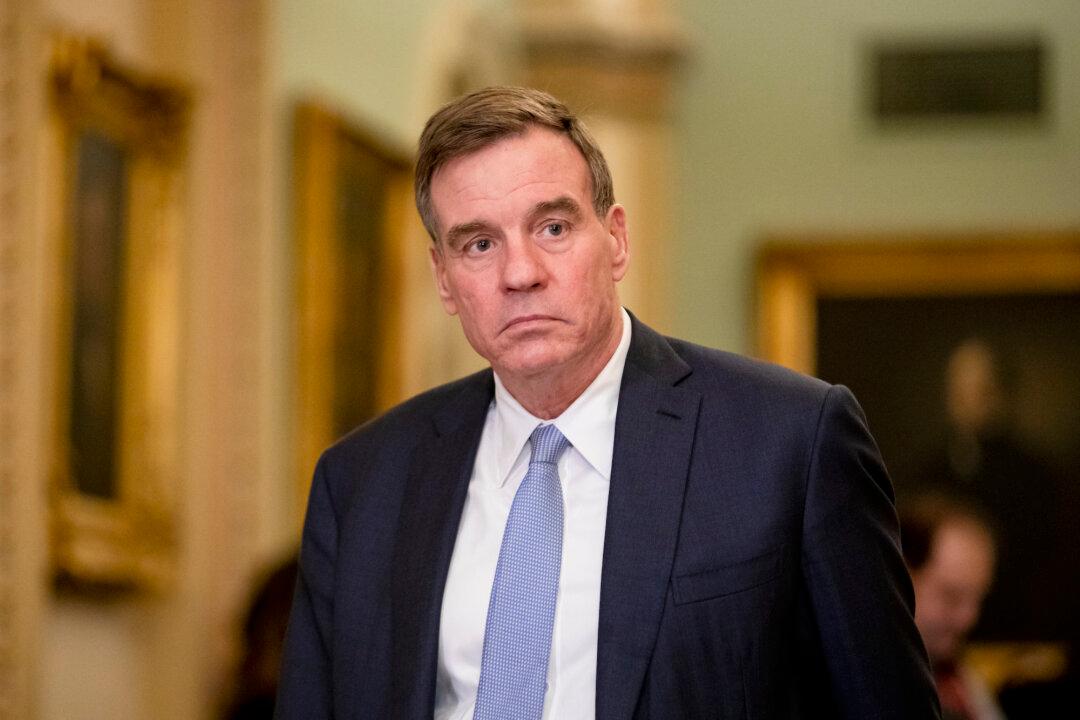Sen. Mark Warner (D-Va.) told CNN in an interview Sunday that as talks continue on another stimulus package, a draft bill could be ready as soon as Monday.
Warner is a member of a bipartisan group of lawmakers who on Dec. 1 floated a plan seeking $908 billion in a range of CCP (Chinese Communist Party) virus relief measures.





